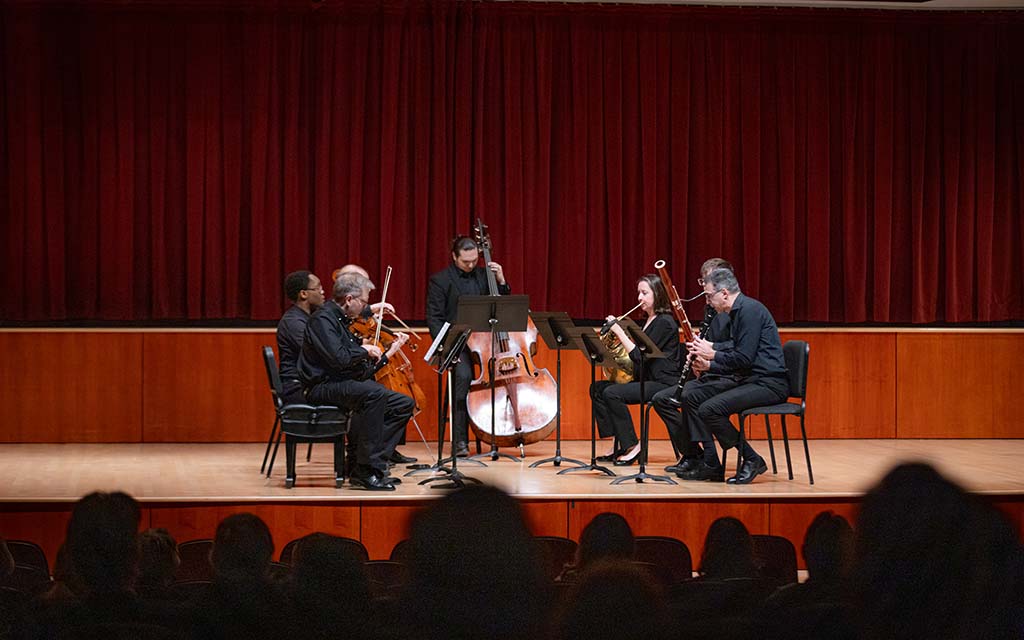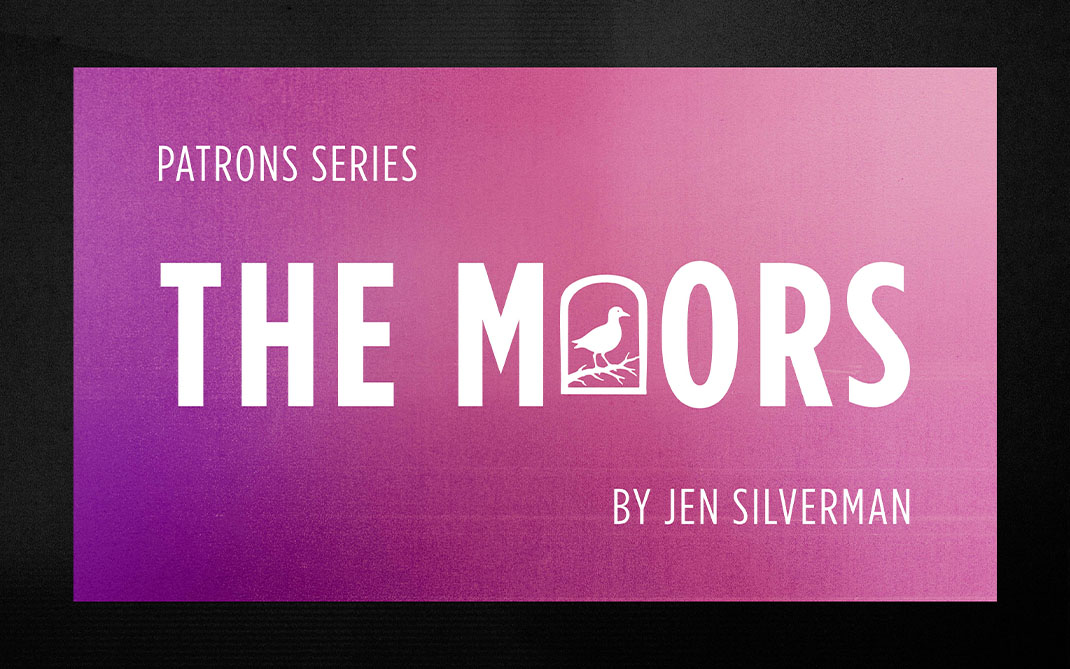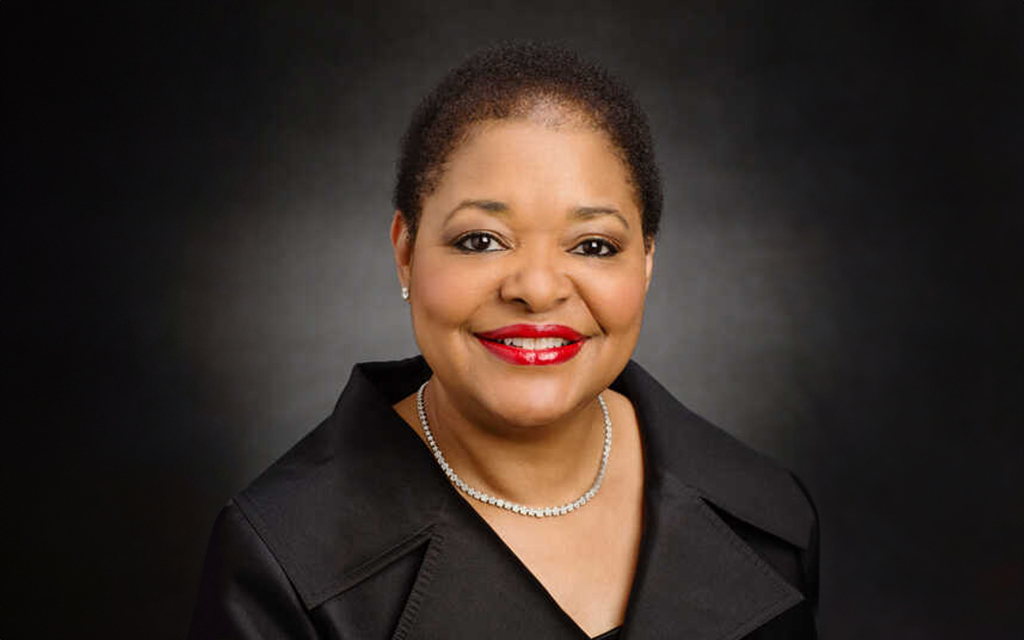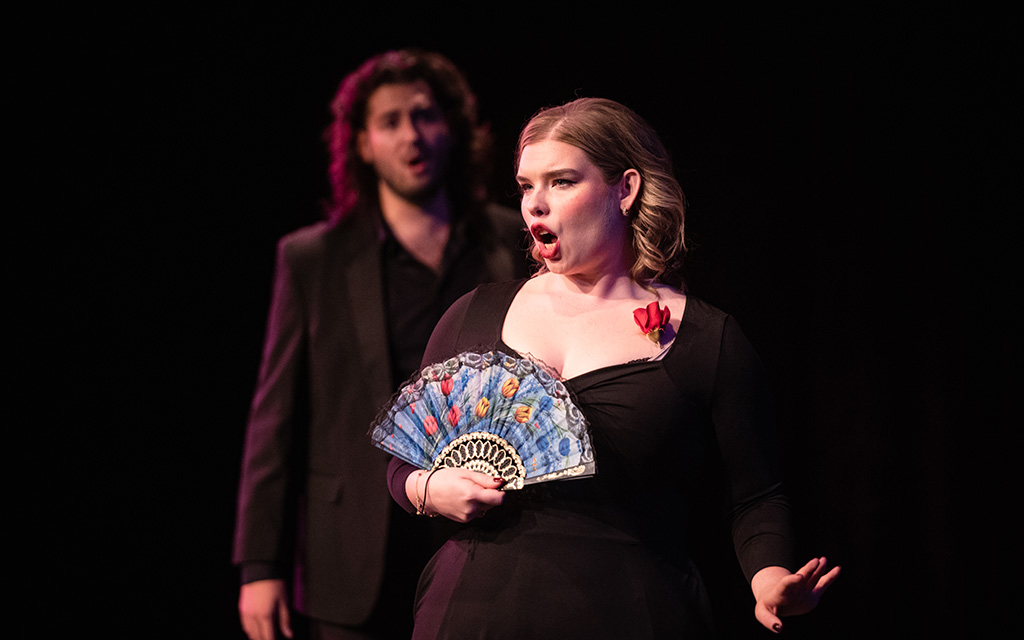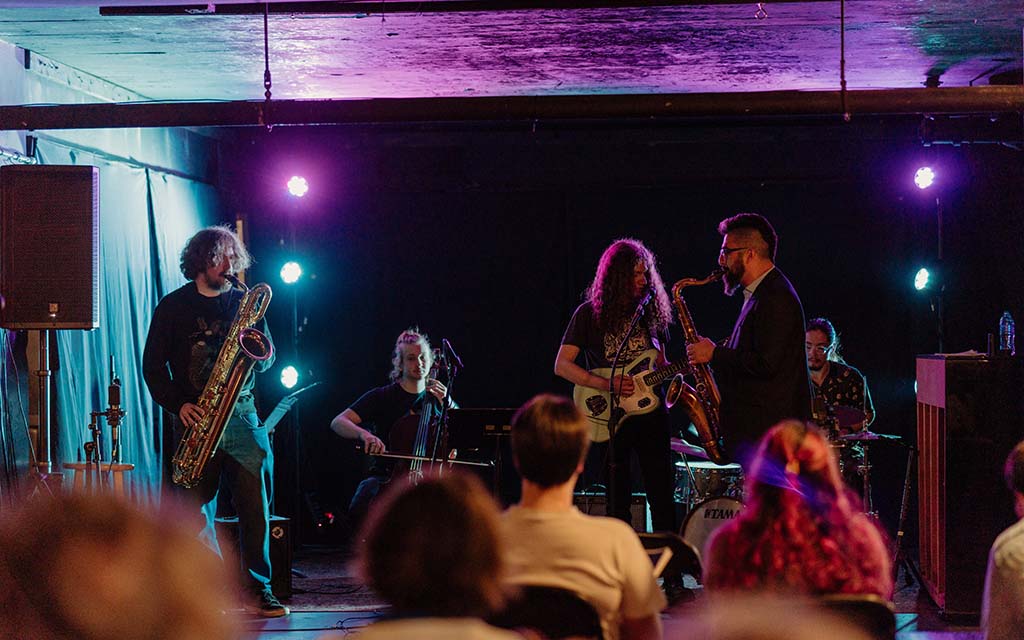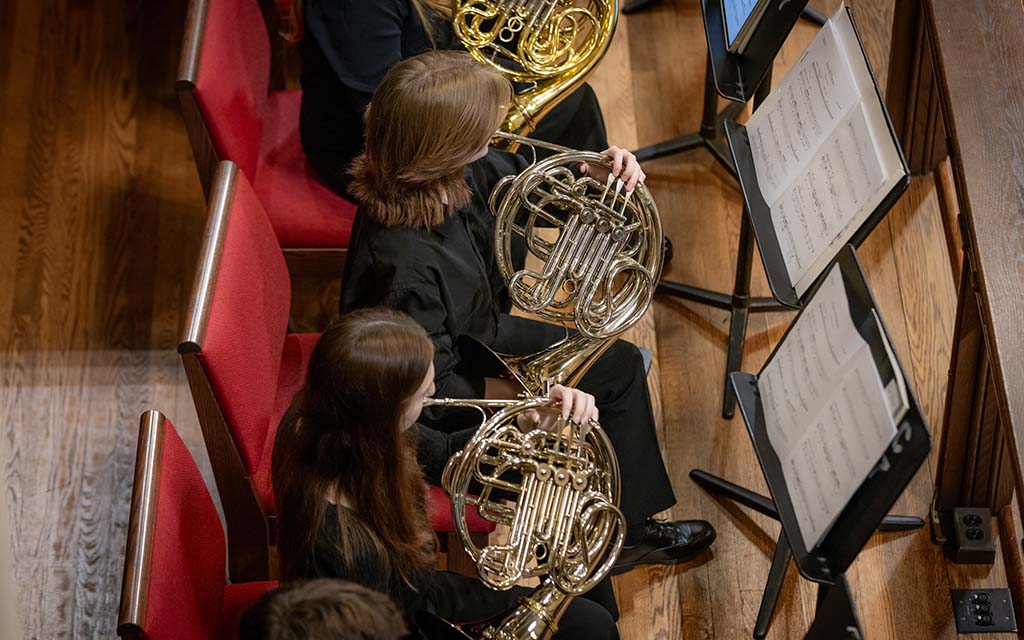Cast List
Henry
Jeremy Gill
Bishop of Canterbury, Pistol, Scroop, King of France
Zion Jang
Bishop of Ely, Bardolph, Mayor of Harfluer, Orleans, Erpingham
Andrew Hovey*
Exeter, Hostess, Queen Isabelle
Darby McDonough*
Fluellan, Westmoreland, Nym, Bourbon
Matias De La Flor*
Princess Katharine, French Ambassador, Messenger Boy, Gower, Salisbury
Isabelle Bushue*
Williams, Cambridge, Constable, MacMorris, Gloucester
Jacob Moskovitz*
Alice, Montjoy, Grey, Captain Jamy
Jane Cooper
The Dauphin, Bedford, Bates
Lawrence Davis
Chorus
Briana Middleton
"Henry V" is a Studio 3 & 4 Production
*Indicates a member of Studio 3
Production Staff
Recording & Editing Engineer
Lance Perl
Assistant Sound Designer
Weston Felker
Assistant Recording & Editing Engineer
Matthew Kupferer
Production Stage Manager
Madeleine Louviere
Production Manager
Joel Magill
Assistant Production Manager
John Poindexter
Assistant Stage Managers
Victoria Coulter
Kayli D. Kimerer
Production Assistant
Isabella Tapia
Synopsis
We wish we could show you the full scope of the story. However, what we have instead
is this great group of actors and your imagination. Together, you will have all that
you need, and any gaps that may remain will be filled by the Chorus.
Henry V is a new leader. With his father having recently died, he is now the King
of England. The church, afraid of being taxed under this new administration, encourages
him to claim France as his own. They will fund the war against an antagonistic France.
The King of France's son and only heir, The Dauphin, sends a small gift and insulting
message to Henry. "Henry is such a joke with his reputation as an immature bad boy.
Maybe he'd like some tennis balls." The insult is received igniting a war.
On the other side of town, Henry's old drinking buddies are drinking, fighting, and
drowning their sorrows over how the times have changed. The king is no longer the
guy they knew, and their other ringleader Falstaff is dying in an upper room of the
Boar's Head Tavern. Believing that the war in France will make for a good story (and
offers an opportunity for plunder), they join the war effort.
The French have a decision to make: Is Henry a joke or a serious threat to France?
All the same, they know he is on his way. Will an attempt to poison the new king demonstrate
their strength? Surely there are some secretly disloyal subjects willing to make the
attempt before the king sets sail.
The first battle takes place in the walled town of Harfleur. The English are on the
brink of victory, if only the king's ragtag friends would stop hiding in the woods
and instead get out and fight! Despite petty bickering and the lack of a clear plan,
the king contemplates one more charge in the battle. However, the mayor of the French
town wants to talk and Henry takes him up on his offer.
Meanwhile in the French palace, a young Princess Katharine decides it's time to learn
English as she sees the tides turning in favor of the English. All the while her father,
the King of France, comes up with a plan in preparation for the impending English
battle.
The long siege across France begins to take its toll on the English troops. After
an impassioned speech to rally the troops, Bardolf, an old friend of the king's, is
caught plundering a church. Surely Henry will look the other way for an old friend,
right? No. After sentencing his former friend to death, the French army is seen on
the horizon. Are the English ready for the fight?
Intermission.
It's the night before the big battle. The self-confident French are ready-Look at
our armor, look at our horses! However, it is much different in the English camp.
The English are anything but confident. After failing to encourage his fellow soldiers
of a victory ahead, Henry disguises himself as a commoner and surveys the camps. From
camp to camp he watches, questions and finds himself at the campfire of three foot
solders, namely, Courts, Bates and Williams. Drinks are shared, fears confronted,
and the question of whose bears the responsibility of the war comes to the surface.
What is the meaning of war? Is it the same as patriotism? In the heat of the moment,
threats are made between the disguised king and Williams; a fight to be settled after
the heat of battle. "Take my glove and I'll take yours. After the battle, when I see
that glove again, I'll take you down."
Alone, Henry ponders what it means to be a leader-the weight and responsibility of
it all. Is it worth it? What does a king get in exchange for his leadership? Ceremony
and a lack of sleep. As the sun rises on the day of the big battle, the French are
arrogantly awaiting the English who are shaking in their boots. Outnumbered by the
French five to one, the battle begins.
Each side holds nothing back in their attempt to win the day. Henry's old friend Pistol
takes a French soldier prisoner. Then the French reinforce their numbers. Back and
forth it goes in a long, arduous war. At this point, feeling that victory may be out
of reach, Henry decides to change his strategy-to play dirty, as it were. He orders
all French prisoners slain. The French retaliate by killing all English youth in the
camp.
Miraculously, a French messenger rides into the camp with the news that the English
have won the war. The French took incredibly heavy losses, while the English lost
a mere handful. Captain Fluellan shares that despite the differences among the English
soldiers, they can all be united under Henry, the king of England.
After victory is declared, Henry sees the man he had sworn to fight after the battle.
In a twist, the king hands the glove to Fluellan instigating a fight between him and
Williams-neither aware of the ruse. Finally the king comes clean and tells Williams
that it was he that had threatened him in the camp and taken his glove. Nevertheless,
the man did not cower in fear of the king, but stood his ground. Henry, admiring Williams,
rewards him for his integrity.
As the soldiers ready for home, Welsh Captain Fluellen takes a moment to confront
Pistol for his disrespectful comments about his accent and culture, comments he has
been making throughout their long journey together. The confrontation turns physical,
and after a sound beating, Fluellan's friend Gower continues to berate Pistol until
he is left a broken man. The last of the king's bar friends, Pistol doubles down to
a life of lies and thievery.
As the Chorus explains, the war doesn't end when the fighting stops, but when peace
is found. The Queen of France offers an impassioned plea for unity, the makings of
which come in the form of a marriage union between Henry and Princess Katharine of
France. A treaty is signed, a marriage is concluded and peace is found between England
and France.
And as we'd hoped, the actors brought the words and you, the audience, brought your
imagination. Give yourself a round of applause.
Director's Notes
Director Sara Baker
Sara teaches Voice and Shakespeare in the School of Drama at UNCSA and is the director
of Voice and Text at American Players Theatre in Spring Green Wisconsin. Some favorite
projects over her ten years with the APT company include: "Measure for Measure," "Exit
the King," "A View from the Bridge," "Arcadia," "Travesties" and "Endgame." Other
coaching credits include six seasons with the Oregon Shakespeare Festival ("Hamlet,"
"As You Like It," "Henry V" and others), The Alley Theatre ("Twelfth Night," "Pygmalion"
and others), The Milwaukee Repertory Theatre ("Pride and Prejudice," "I Am My Own
Wife"), Illinois Shakespeare Festival (Richard II and others), and Clarence Brown
Theatre ("Hamlet" and "King Charles II"). She has directed for Illinois Shakespeare
Festival, and The Ashland New Play Festival. Favorite directing credits include: "Julius
Caesar," "Now This" and "As You Like It" (at the University of Houston, where she
taught for ten years). Ms. Becker is a graduate of Fordham University and the University
of Wisconsin- Madison MFA Acting program. She is one of the voices at the end of the
play saying, "Amen."
Notes
The most profound thing we want as humans is to be heard. We send radio signals into
outer space-introducing ourselves to the mystery out in the darkness. The radio signals
Churchill sent to his country during World War II were so important to the population
of England that local utility companies reported a sharp dip in demand during their
broadcast. And in the political world of today, we talk of packaging the narrative.
If you can tell a good story, and get people to listen, you will win the day.
When the world slowed down last March, the only thing that didn't stop was the talking.
Absent of other tasks, our days became filled with news, articles and the talk of
many differing "experts." In March, I was desperate to consume information that would
bring cohesion to the world. I realize now that I what I was craving was story. I
reached for Shakespeare.
Built into Henry V, is the call for participation: "Think, when we talk of horses,
that you see them." I'm going to speak a word that creates a picture in your mind,
let you travel from England to France, into rooms you may not usually be invited into,
and to ideas that are too private to be on common display. You will hear languages
that are not your own and accents different from the sounds you grew up with. As the
chorus says, "Work, work your thoughts."
This is a story that begs for participation and rewards us for the imaginative work
we do.
This is a story of leadership that leaves no one behind. It welcomes us into what
it is-on the most personal, intimate private levels-to be a leader in a time of crisis.
It examines the cost of war on every level of society, whether you are the king of
a country or just the king of your local dive bar. This story allows the lowliest
of its citizens a moment to speak truth to the most powerful.
Our best days are often right up against our worst days. Our play starts with a war
and ends with a marriage. It's a marriage of individual to country and a marriage
of personal goals to community unity. Love comes after many tough battles, and like
always, it is a miracle. Our story is a miracle.
We've already come together as a cast, often hiding in closets to get the best recordings,
begging roommates for quiet, dropping off microphones in sealed plastic baggies, and
listening to the sounds of horse hoofs, swords and birds wondering "Is that the sound
you imagine when she says that?" It has been medicine for our souls.
Thank you for listening. Thank you for your interest in story, and the power of your
imagination.
Full Program
All music for this production was composed and performed by Ian Vespermann, with vocal
performances on "Non Nobis" by Briana Middleton, Darby McDonough, Isabelle Bushue
and Jacob Moskovitz. Mixing and mastering was conducted by Matthew Kupferer.
